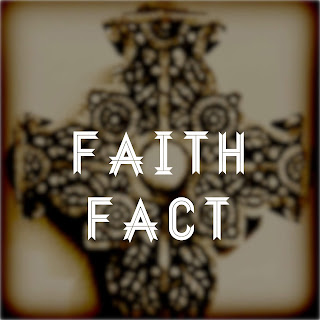That "rememberance" isn't simply recalling a fact or a memory in our minds. The Greek word used in the Gospel accounts is anamnesis (αναμνησις), and Jesus' disciples would have understood what this idea meant in context of Passover. Passover wasn't just about recalling the events of the Passover in Exodus. Instead, it was about taking part in the meal in such a way that the Israelites would have been present and part of the events of the past.
This is the way we celebrate the Eucharist. With those words, "Do this in Rememberance of Me", we become part of not only the Last Supper itself but also Jesus' death and resurrection. We take part in those events in a way beyond words. It is a holy mystery.
Because we take part in the events of the past through the Eucharist, the Eucharist itself transcends time and space. We partake in the Eucharist together not just in our own space, but with those who worship throughout our state, our country, our continent, and the entire world.
The reserve sacrament is a reminder of this fact. It is there, in part and if needed, to bring to those who are sick or otherwise unable to be present so that our Eucharist celebration does not end here, but continues beyond this time and beyond these walls.
When we use the reserve sacrament in our celebration of the Eucharist, it is a reminder that we don't celebrate separate Eucharists, but we are partaking in The Eucharist, that event that transcends time and place as well as bringing us closer to our Lord and Savior as we become present through a way beyond our understanding in His death and resurrection, those key events of our faith.
